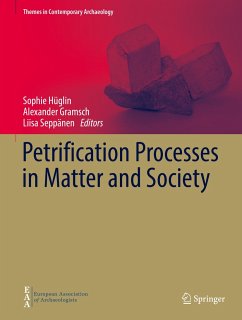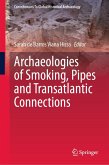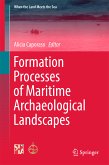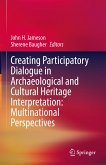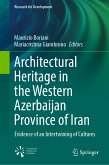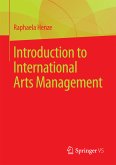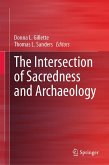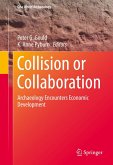Topics connecting the various papers are properties of materials, preferences and choices of actors, the temporality of matter, being and becoming, the relationality between actors, matter, things and space (landscape, urban space, built space), and perceptions of the following generations dealing with the petrified matter, practices, and socialrelations. Contributors to this volume study specifically whether particular processes of petrification are confined to the material world or can be seen as mirroring, following, triggering, or contradicting changes in social life and general world views. Each of the authors explores - for a period or a specific feature - practices and changes that led to increased conformity and regularity. Some authors additionally focus on the methods and scrutinize them and their applications for their potential to create objects of investigation: things, people, periods, in order to raise awareness for these or to shape or "invent" categories. This volume is of interest to archaeologists, geologists, architectural historians, conservationists, and historians.
Dieser Download kann aus rechtlichen Gründen nur mit Rechnungsadresse in A, B, BG, CY, CZ, D, DK, EW, E, FIN, F, GR, HR, H, IRL, I, LT, L, LR, M, NL, PL, P, R, S, SLO, SK ausgeliefert werden.

